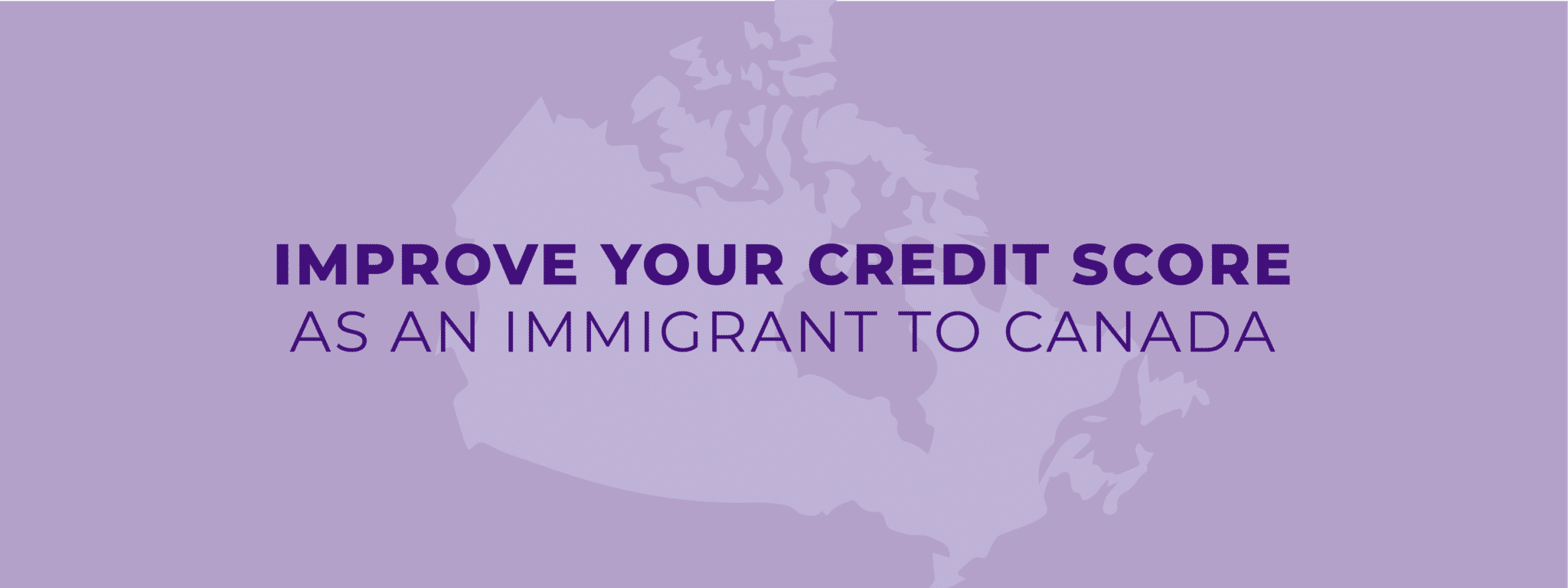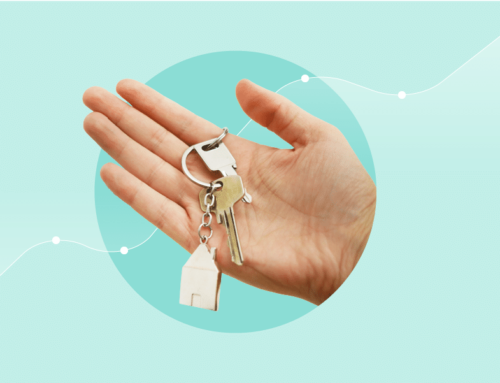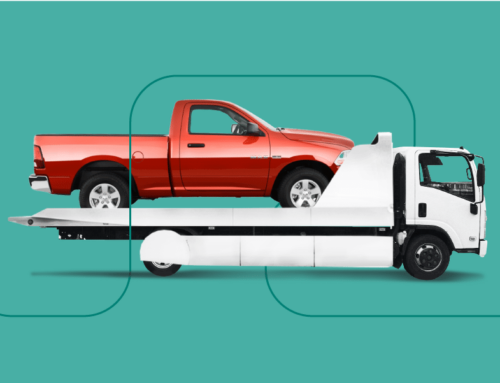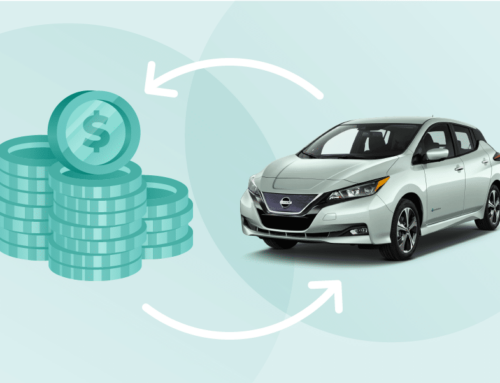Moving to a big country like Canada can be pretty daunting. There are hundreds of questions that may be circling your head before you make a move. However, the most important question is about your credit score.
Since it’s a whole new land, you’ll have to build your credit score from scratch. Plus, credit scores work differently in every country, so you’ll have to understand Canada’s credit system before anything else.
When you move to a new country, you have a new home, a new job, and a new lifestyle to keep up with. Since it’s clear that you’ll have a lot on your plate when you move to Canada, we’ve decided to make the whole process a little easier for you.
When your credit score is impressive, you’d be surprised at how much your life can improve. So if you’re wondering how to prepare for financial success in Canada, we tell you six ways to improve your new immigrant credit score.
What is a Credit Score and How Do They Work in Canada?
In Canada, a credit score is a number between 300 and 900 which determines your creditworthiness. A poor credit score is typically under 600, while a good credit score is somewhere between 660 and 724.
However, if you manage to get above 725, it’s considered an excellent credit score. It’s important to know that the credit score you had in your previous country doesn’t matter once you move to Canada.
Credit scores determine whether or not you’re a reliable person to lend money to. If you need to take out a loan for emergencies, lenders will only consider candidates with a good credit score.
A few key factors determine your credit score, including the length of your credit history, types of credits you have, and your consistency with paying back debt. Any prior history of bankruptcy and recent credit score inquiries are also considered.
6 Ways to Build Credit as a New Immigrant in Canada
Here are six ways to build credit in Canada if you’re a new immigrant.
Create a positive tradeline account
The first and foremost thing you need to do to build your new immigrant credit score in Canada is to create a tradeline account that you pay back each month. We’d recommend getting a newcomer-specific credit product such as Marble Boost. This program is perfect to help new immigrants get a headstart on their credit building.
This program is very affordable. Plus, it’s available for those without having any credit history.
Use Credit Improvement Tools and Technology
Of course, paying back loans and making timely payments (rent, cell phone plan, etc.) isn’t the quickest way to improve your credit. If you want to improve your credit faster as a new immigrant in Canada, use a credit-improvement tool.
You won’t be able to apply for a credit card in Canada as soon as you land due to your lack of credit score. But, you need a credit card to build a credit score in the first place! This endless loop can be frustrating, which is why credit-building tools are a great alternative.
These tools help you build a credit score with a small monthly payment without any debt. As long as you make your monthly payment on time, that credit-building tool will report your progress to credit agencies.
As a result, you’ll be able to establish credibility in the eyes of Canadian lenders as soon as you immigrate.
Ask Your Landlord to Report Rent
As we’ve talked about before, paying your monthly requirements on time is a great way to build credit in Canada. Whether it’s your monthly cell phone plan or even your monthly rent, timely payments aren’t just a great ethical practice but also an excellent way to establish creditworthiness.
However, you have to ensure that this practice shows up on your annual credit report. For that, you can ask your landlord to report your rent to credit bureaus every time so that they can improve your score.
That also means that missing or delaying payment can lower your score, so make sure to pay your rent on payday!
Use Credit Wisely
Most importantly, you should use credit wisely and spend within the limit if you want your credit score to remain intact. For example, if your credit card has a 2,000 CAD limit, it’s best not to go beyond that limit.
Not only will that lower your credit score, but it’ll also put you in unnecessary debt. Plus, it’ll demonstrate to lenders that you’ve stretched yourself thin and don’t have space to pay back loans on time.
According to Canada’s Financial Consumer Agency (FCA), you should only spend 35% of your credit card limit. To ensure that, it’s better to apply for a card that has a higher credit card limit, such as 5,000 CAD or more.
You should also use your credit card for groceries and monthly utility builds to build credit score and history over time.
Diversify Your Credit
When we say “diversify your credit,” we mean using different types of credit. That includes a credit card, car loan, or line of credit. Your credit score will increase much quicker when you have positive information coming from different credits on your credit report.
However, only take loans that you’re sure you can pay back; otherwise, you’ll end up hurting your credit score significantly.
Take Out a Car Loan
Last but not least, once you’ve followed steps 1-4, you can increase your credit score significantly by taking out a car loan. Plus, it’ll help you own your first car in Canada without having to pay a hefty amount all at once. Your credit score will increase each time you pay back your monthly installments on time.
You can either apply for a car loan through a dealer or ask your financial institution for a car loan. Lastly, you can consult an independent finance company specializing in car loans.
FAQs
Here are the answers to the most frequently asked questions about credit score Canada.
How long does information stay on your credit report?
That depends on the type of information on your credit report, whether positive or negative. Any positive information on your credit report luckily stays there forever. For example, any active accounts paid as agreed will remain on your report as long as the account is open.
On the other hand, negative information can stay on your credit report for as long as seven years. Negative information can include late payments, charged-off accounts, bankruptcy records, repossessions, foreclosures, and short sales.
Bankruptcy can stay on your credit report for about 7-10 years, depending on the type of bankruptcy. You can visit Equifax’s website for more information about your credit report.
How do you check your credit score?
There are three different agencies you can acquire your credit score from Equifax, and TransUnion . Requesting a copy of your credit score is free and uncomplicated. However, it’s also important to know that lenders can see your credit score.
Your credit report will include information about late payments, bankruptcy, and more, which can drive away lenders very quickly.
How do you report an inaccuracy on your credit report?
We’d recommend acquiring a copy of your credit report from each credit agency and comparing them thoroughly. Then, if you find that any of the reports contain misinformation, inconsistencies, or inaccuracies, you can report that instantly.
To report an inaccuracy, you can request a dispute form from the agency within 30 days of receiving the report. You can write a letter explaining what the error is and what the correct information is.
After that, the bureau has up to 35 days to investigate the error and respond to you.
What credit score do you need for getting approved for a car, mortgage, or loan?
Although there is no credit score required to get approved for a car, it does affect the APR you may get on an auto loan. For example, if your credit score is above 660, you may be able to get an auto loan under 10% APR.
However, if you have a credit score lower than that, you may still get a car loan, but you’ll have to pay more.
On the other hand, you need a credit score of 620 or higher to get a home with a mortgage loan. The Federal Housing Administration (FHA) requires a 500 credit score to give you an FHA loan for a house.
But, if you need to make a minimum down payment of 3.5%, a credit score of at least 580 is necessary.
Conclusion
The thought of having to build your new immigrant credit score from scratch in Canada may seem daunting. But, if you follow our tips and use your credit wisely, you’ll see a real difference in creditworthiness in a short amount of time.
If you need to act extra juice to your credit score quickly, opt for a credit boosting subscription like MyMarble, to improve your financial situation and help you save thousands.






